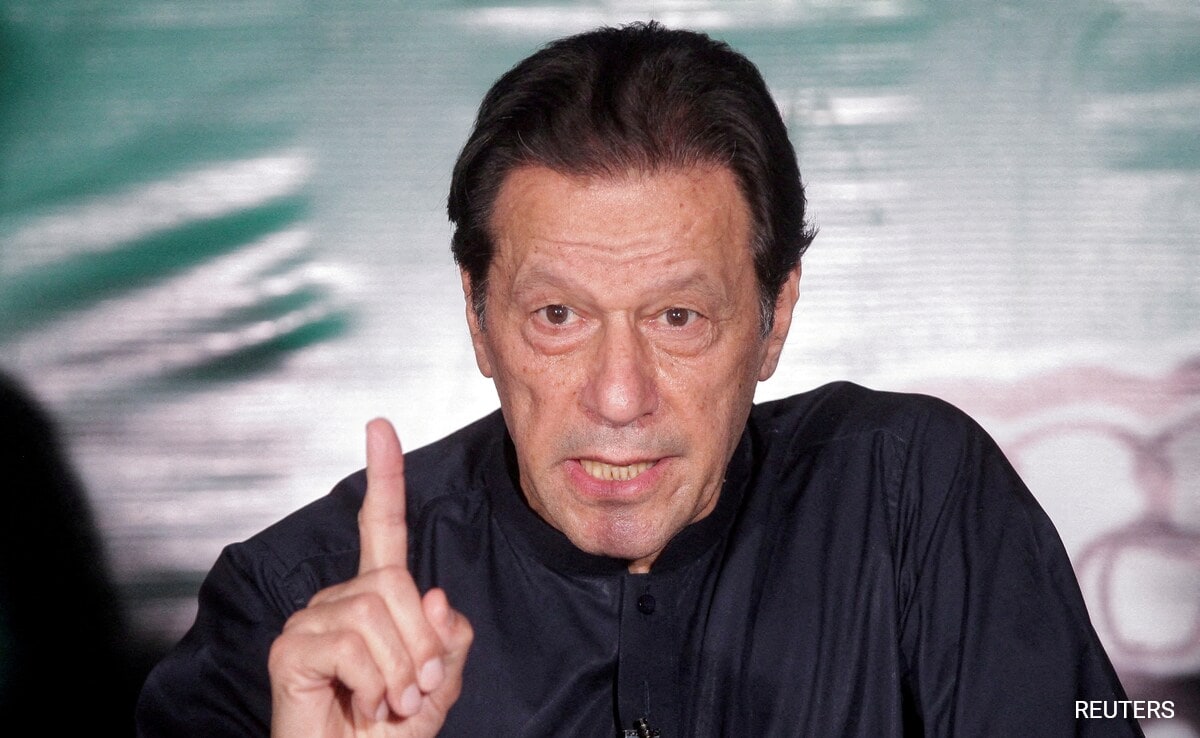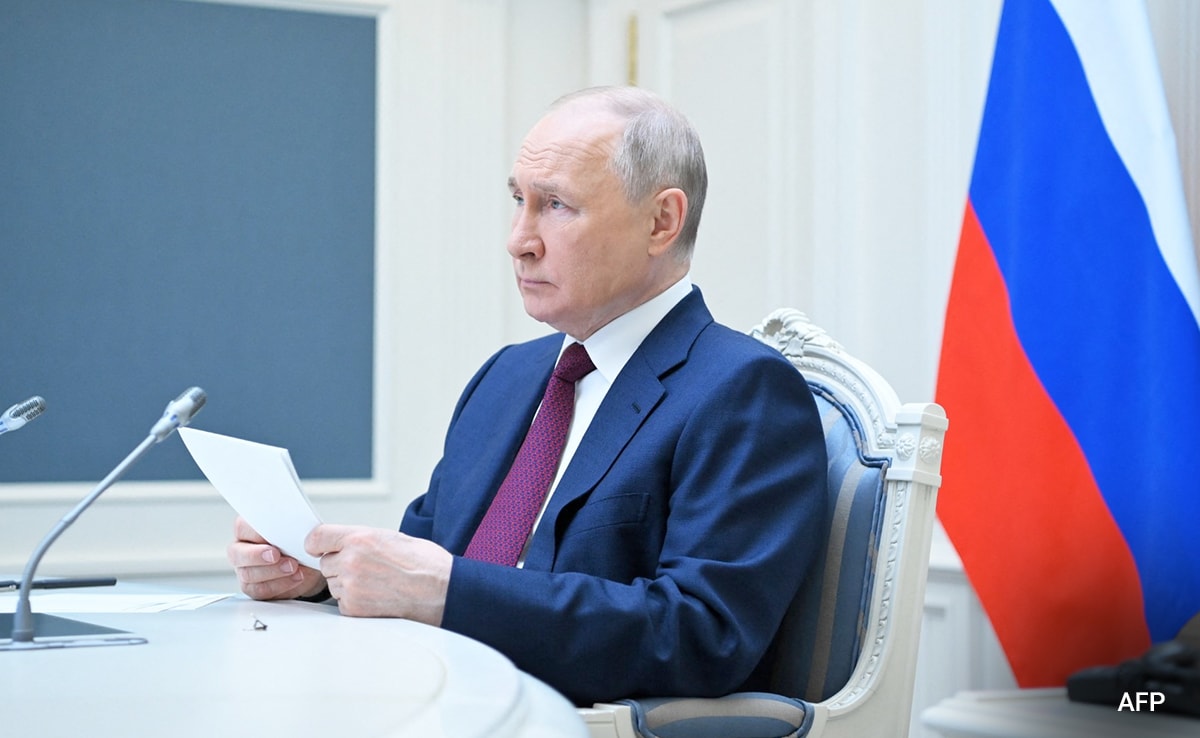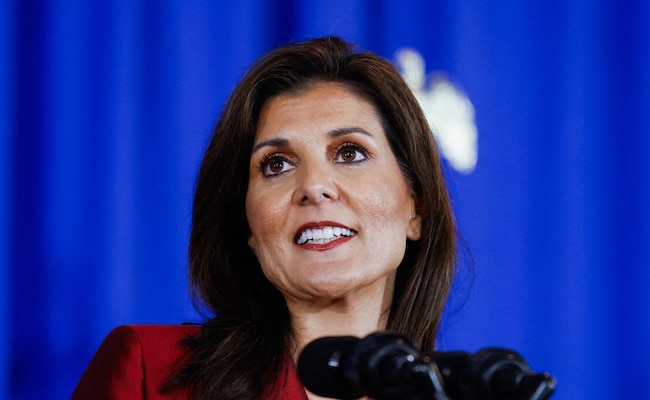Mohammed Deif, right, was the head of Hamas’s Qassam Brigades since 2002 and has enjoyed a cult status among supporters of the militant group.
| Photo Credit: Reuters
On October 7, 2023, when Hamas militants were carrying out a deadly attack in Israel, Mohammed Deif called the attack ‘Operation Al-Aqsa Flood. “Today, the people claim their revolution,” Deif, the head of Hamas’s military wing Izz ad-Din al-Qassam Brigades, said in the speech that was released by Hamas on the same day.
“The Israelis have attacked [our] worshippers and desecrated Al-Aqsa [Mosque], and we have previously warned them. The enemy desecrated Al-Aqsa and dared to harm the Prophet’s path,” he said, referring to Islam’s third holiest place of worship that’s located in Jerusalem. “Hundreds have been martyred and injured this year due to the occupation’s crimes… We have decided to put an end to all of the occupation’s crimes. The time is over for them [Israel] to continue to act without accountability. Thus, we announce the ‘Al-Aqsa Flood’ operation,” he declared.
At least 1,200 people were killed in the Hamas attack. Israel declared war on the organisation on the same day, and has been waging a disastrous war on Gaza ever since, killing at least 39,000 Palestinians. Israel’s leadership also said Hamas leaders were “dead men walking”. On July 13, Israel targeted Deif in an air strike on a compound in the outskirts of Khan Younis in southern Gaza. On August 1, the Israeli military announced that it believed Deif was killed in an air strike. Hamas is yet to confirm its commander’s death.
The cat with nine lives
Deif had been on Israel’s kill list at least since the early 2000s. In 2002, he lost an eye in an Israeli strike. In 2006, Israel struck a building in which Hamas leaders had assembled. The attack seriously injured Deif, but he survived. In August 2014, after an initial ceasefire was announced following weeks of fighting, Israel carried out an airstrike targeting him. The attack killed Deif’s wife and two children, but he escaped again. The escapes earned him the nickname among the Palestinians, “the cat with nine lives”.
Born in Khan Younis, Gaza, in the 1950s, Deif, whose real name was Mohammed Diab Ibrahim al-Masri, studied in Gaza’s Islamic University, which was co-founded in 1978 by Sheikh Ahmed Yassin, Hamas’s founder and spiritual leader who was killed by Israel in 2004. Yassin, the tallest Muslim Brotherhood leader in Gaza, was then running Mujama al-Islamiyaan, which Israel had recognised as a charity.
Deif was an active member of the Brotherhood and when Hamas was founded, after the first intifada broke out in 1987, Deif joined the new Islamist movement with zeal and vigour. During the intifada protests, he was briefly arrested by the Israelis. Having orchestrated several attacks in the 1990s, Deif rose through Hamas’s ranks quickly. In 2002, at the height of the second intifada, he was appointed the head of the Qassam Brigades, after its leader Salah Shehade was killed by Israel.
At that time, the Brigades were not much of a force. Named after Izz ad-Din al-Qassam, an Islamic preacher who led violent resistance against British colonialists and Zionist settlers in historic Palestine and was killed in 1935, the Brigades were involved in attacks on Israeli troops as well as civilians. After Deif took over the Brigades, Hamas carried out a host of suicide attacks inside Israel. Israel held him personally responsible for the deaths of many of its citizens. The U.S. had also designated him as a terrorist. In 2015, the U.S. State Department said Deif “is known for deploying suicide bombers and directing the kidnapping of Israeli soldiers. During the 2014 conflict, Deif was the mastermind of Hamas’s offensive strategy.”
Cult figure
When Hamas emerged as a popular organisation within the Palestinian territories and showed signs of moderation and willingness to contest elections, Deif’s focus shifted from terror tactics such as suicide bombings to building a semi-conventional military command structure with resources such as rockets and mid-range missiles. Hamas acquired much of its rocket capability under his command. Among the supporters of Hamas, Deif enjoyed a cult status. The group always maintained a web of secrecy around its shadow commander.
“Deif is the decision-maker in Hamas… He believes every day they continue to fight is another achievement for them,” Gen. Giora Eiland, a former Israeli National Security Adviser, once said. During the 2014 Gaza war, Deif issued an audio message. “The Zionist entity will not know security unless the Palestinian people live in peace,” he said. For Hamas, his words made its rule book, which was evident on the October 7 attack. If Israel’s claim that Deif was killed in the July 13 strike is true, that’s a heavy blow to Hamas. And Israel announced the confirmation a day after it killed Ismail Haniyeh, Hamas’s political chief, in Iran.











